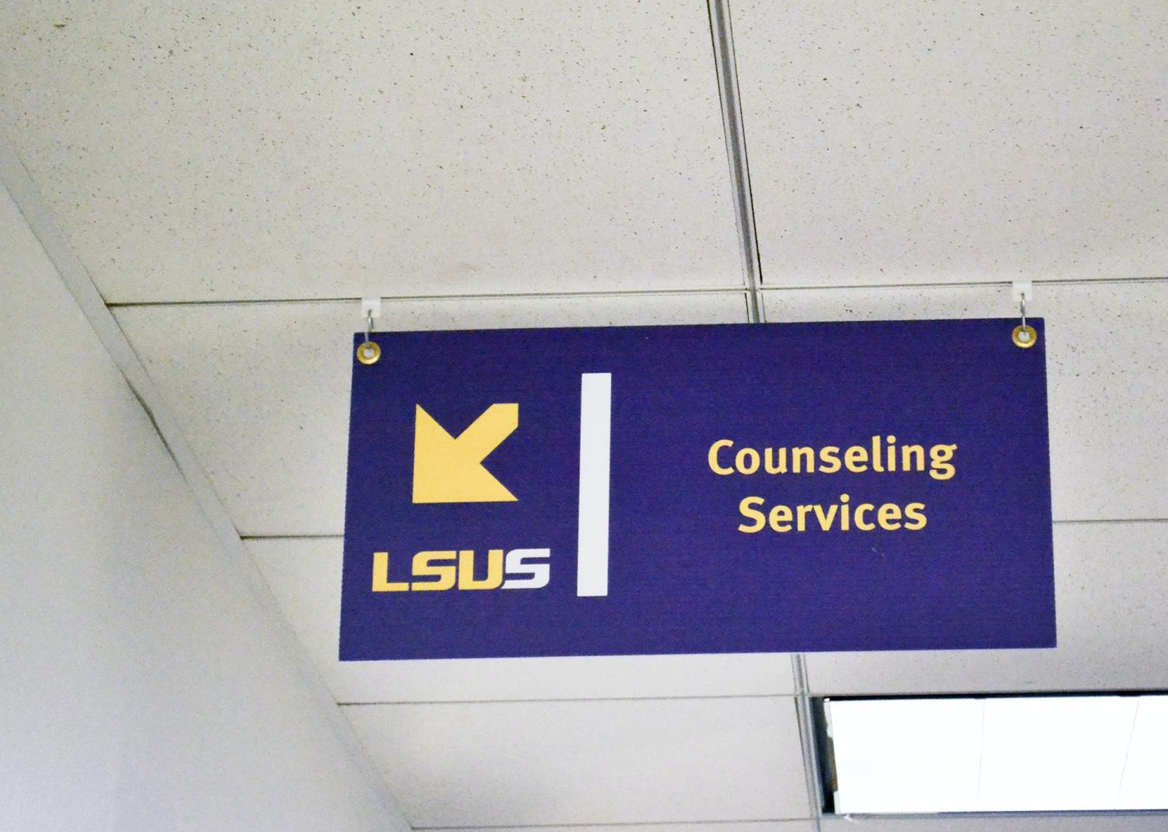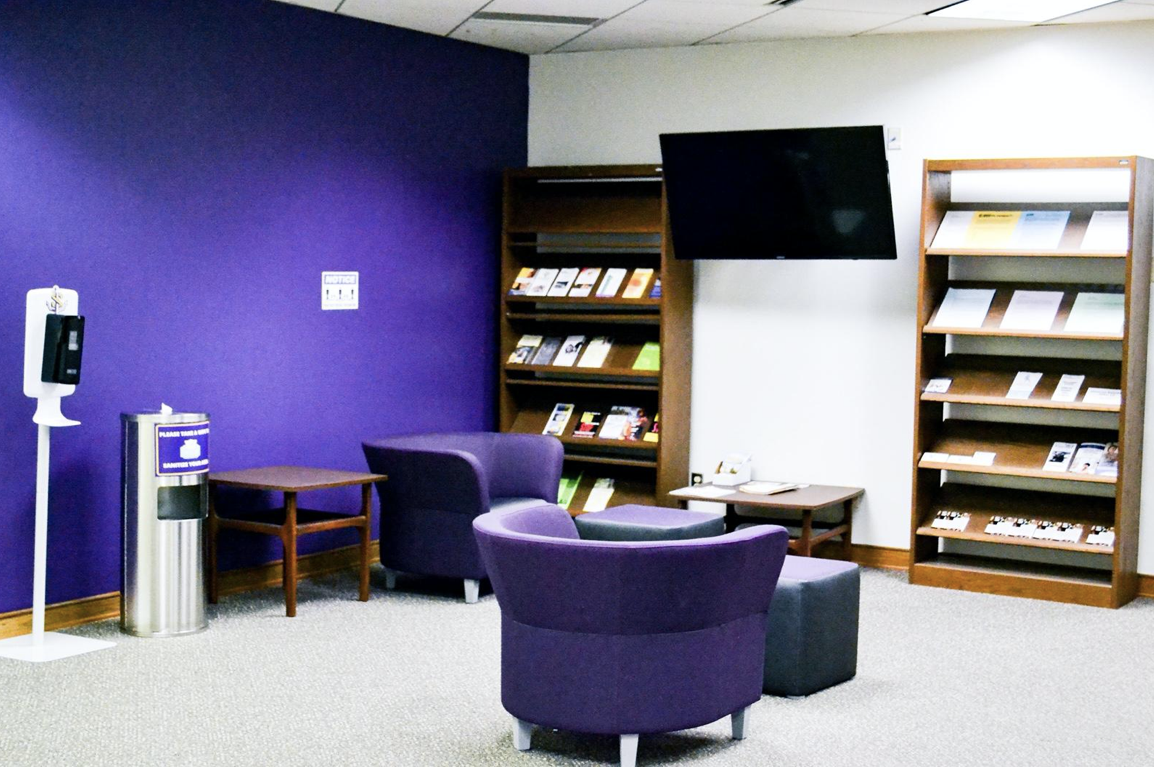by Grasyn Turpin

The stressful life of a college student is an ongoing saga. Papers, textbook prices, jobs, internships, and last-minute homework. Sometimes, the light at the end of the academic tunnel seems dim.
All of this, of course, gets even more tricky when the world throws in a pandemic for kicks. 2020 has been an unruly mess of political, social, and physical upheaval. Dealing with such unprecedented occurrences during the most stressful years of their lives has justifiably left most college students in a state of uncertainty.
Angela Pellerin acts as the Director for counseling services here at LSUS. She notes that the biggest indicator of impact on a student's academic life is lack of motivation. Showing up virtually has become a struggle for most students who signed up to attend classes this semester. Even more so, students have a difficult time remaining present and engaged during online sessions. It’s disconcerting for a person who is used to physically walking into the role of student and seeing a professor in person. This doesn’t even take into consideration the number of outside, personal stressors that contribute to a student’s moral.
All of these things combined can potentially breed new anxieties, or amplify previous ones. Luckily, LSUS has a fully functioning, multi-faceted counseling program designed to connect with students despite the circumstances.
Pellerin understands that seeking third party help can be a “scary proposition for most students.” “It’s a vulnerable thing,” she goes on to say. The dilemma of when to reach out in the name of mental health is universal. It’s a strange situation to be put in, and it’s challenging to conceptualize for people. But with the unprecedented challenges that we are facing, having a safe space to vent might be necessary for success.
LSUS counseling services is offering well-rounded, virtual workshops this year to students in response to the COVID 19 outbreak. These meetings were created with the purpose of coping with stress and uncertainty in a flexible way. These workshops include yoga and resiliency skills training. Zoom links to each of these exercises are attached to the virtual flyers sent out through the student’s edu email.
Counseling services also presents “Mindful Mondays.” These are guided meditations that are also conducted via Zoom.

In addition to this, students have the option to receive virtual sessions with LSUS’s counseling faculty. All appointments are confidential in their entirety.
Additionally, counseling services offers a 24/7, one hundred percent online platform called Therapy Assistance Online (TAO). TAO offers free, anonymous access to self-help tools for students, faculty, and staff. This is an effective alternative for those that choose to be remote during the current climate. For some, this can also eliminate the irresolution of a face-to-face counseling session. Pellerin explains that this virtual therapy platform offers modules that are “empirically proven, researched-based methods that a counselor would use with them.”
Pellerin encourages the students to accept that they are doing the best they can. She explains that it’s important to pursue what is in the individual’s control. This includes what time you get up in the morning, the amount of effort you give, and how you decide to budget your time (this includes emotionally).
Above all, she states, “We don’t have to know what tomorrow looks like to take care of ourselves today.”
The counseling services department is located on the second level of the administration building. You can also reach them through their email (counseling@lsus.edu) or Facebook.



